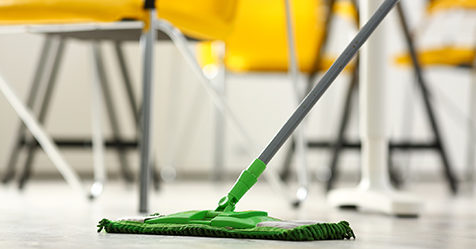How to Transfer Business Knowledge to New Staff and Generations
The cleaning industry is facing a pace of employee turnover that is 50 to 75% higher than historic patterns, said Jim Flieler, Charlotte Products vice president of brand development in his session, Transition in the Workplace—How to Motivate and Capture the Knowledge Retiring in Your Business and Transfer to New Staff and Generations, at the ISSA Show 2024.
Poor work-life balance, insufficient pay and/or benefits, lack of career growth or opportunities, inadequate recognition or rewards, better job opportunities elsewhere, monotonous work, fear about the company’s growth strategy, burnout, and ineffective managements are all causes of employee attrition.
The benefits of employee retention include better process efficiency, lower costs and higher employee productivity, higher morale, lower costs, lower turnover, better experience for your customers, and greater productivity overall.
So how do you motivate others to clean someone else’s mess?
Fieler offered a 10-step guide with the necessary components including:
- Knowledge sharing culture—Develop a consistent training template.
- Mentoring programs.
- Documented standard operating procedures (SOP) process & best practices for training efficiencies.
- Employee incentives—You cannot put a price tag on a smile.
- Appropriate technology— “AI does not know what a janitor knows,” Flieler said. “And a janitor does not know what AI knows, so it’s the pairing of the two that complement each other.”
- Facilities and cross training—Knowledge transfer is in demand and priceless. Encourage cross training.
- Knowledge transfer sessions
- Continuous learning.
- Recognition of the legacy of retiring employees.
- Succession planning—Companies are commonly weak at planning succession.
“If you implement a number of these initial steps, you will achieve what you set out to accomplish, and gain creditability and trust from those soon leaving and those just starting their careers,” Flieler said.


